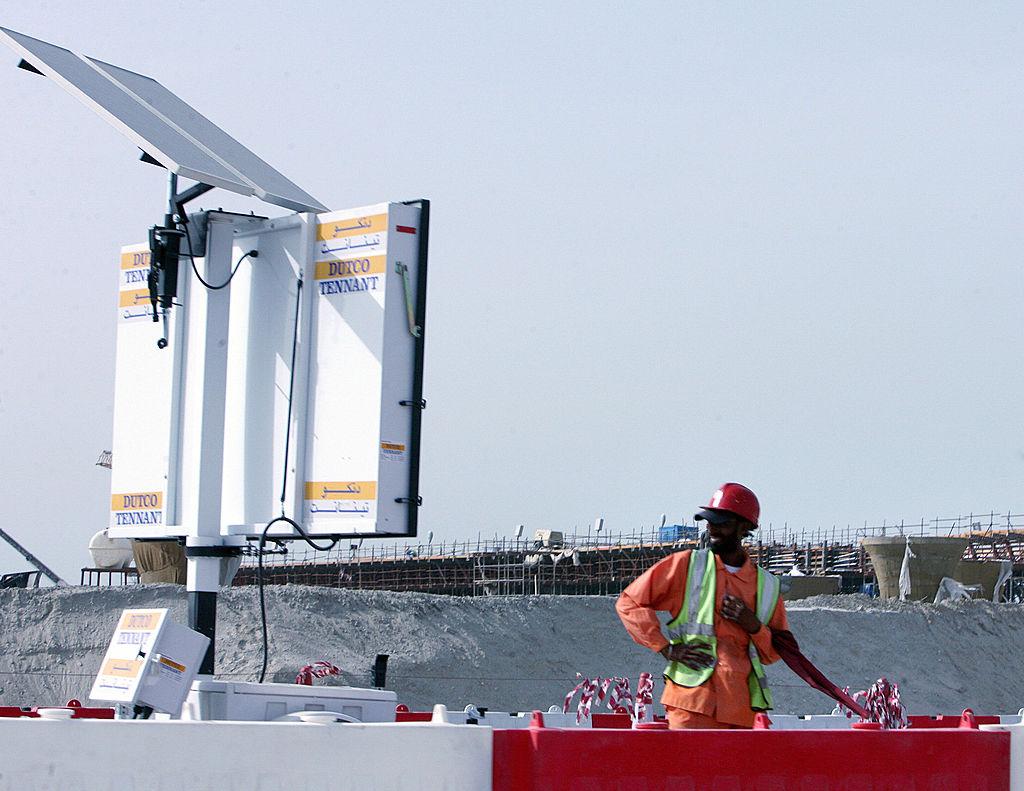UAE invests £134bn in renewables in push to reach 50% clean energy target
Oil-rich Gulf state has pledged that half of its energy will be generated from renewable sources by 2050

Your support helps us to tell the story
From reproductive rights to climate change to Big Tech, The Independent is on the ground when the story is developing. Whether it's investigating the financials of Elon Musk's pro-Trump PAC or producing our latest documentary, 'The A Word', which shines a light on the American women fighting for reproductive rights, we know how important it is to parse out the facts from the messaging.
At such a critical moment in US history, we need reporters on the ground. Your donation allows us to keep sending journalists to speak to both sides of the story.
The Independent is trusted by Americans across the entire political spectrum. And unlike many other quality news outlets, we choose not to lock Americans out of our reporting and analysis with paywalls. We believe quality journalism should be available to everyone, paid for by those who can afford it.
Your support makes all the difference.The United Arab Emirates is investing $163bn (£134bn) in clean energy projects to ensure that half of the country’s power needs are generated from renewable sources by 2050.
“Our aim is to balance our economic needs with our environmental goals,” the UAE’S Prime Minister Sheikh Mohammed bin Rashid al-Maktoum said unveiling the new energy strategy on Tuesday.
“He who does not think of energy is not thinking about the future. The UAE government has made an achievement in drawing up a unified energy strategy for the country."
The UAE is a major oil exporter - but also, given its Arabian Gulf location, has considerable solar power potential.
Several Middle Eastern countries - such as Kuwait, Qatar and the UAE - are trying to shift away from both their economic and domestic energy reliance on oil, after prices fell by more than half last year.
By 2050, Mr Maktoum said, hopefully 44 per cent of the country’s energy usage would come from renewable sources, 38 per cent from gas, 12 per cent from cleaner fossil fuel, and six per cent from nuclear power.
Currently, the UAE ranks eighth on the World Bank’s list of greenhouse gas and CO2 emissions per capita.
Dubai and Abu Dhabi - the country’s major cities - have previously led green initiatives to wean the country off dependence on fossil fuels.
In 2013 Abu Dhabi managed to move 20,000 homes onto a solar power grid, and started work on four planned nuclear reactors.
In June 2016, Dubai announced the creation of a solar power plant, to be completed by 2030.
Join our commenting forum
Join thought-provoking conversations, follow other Independent readers and see their replies
Comments